“A work of art in itself. A thoroughly enjoyable literary sojourn by a master of historical fiction.” – Kirkus Reviews (starred review)
A sweeping historical novel that deserves to be compared to the classic Chinese novels that partly inspired it, The Ten Thousand Things is nothing short of a literary event. Set on the cusp of the Ming Dynasty, this is a novel of fated meetings, grand battles, and riveting drama, and in its seamless fusion of the epic and the intimate, The Ten Thousand Things achieves a truly singular beauty.
In the turbulent final years of the Yuan Dynasty, Wang Meng is a low-level bureaucrat, employed by the government of Mongol conquerors established by the Khublai Khan. He is also an extraordinarily gifted artist: in his paintings, one can see the wind blowing through the trees, the water rushing through rocky valleys, the infinite expanse of China´s natural beauty. But this is not a time for sitting still, and as The Ten Thousand Things unfolds, we follow Wang as he travels through an empire in turmoil. In his wanderings, he encounters, among many memorable characters, other master painters of the period, a fierce female warrior known as the White Tigress who will recruit him as a military strategist, and an ugly young Buddhist mong who rises from beggary to extraordinary heights.
In The Ten Thousand Things, John Spurling endows every description with the precision and depth that the real-life Wang Mang brought to his painting. Rich with exquisite observations and thrilling action, The Ten Thousand Things bring the past to vivid, resonant life.
John Spurling is the author of the novels The Ragged End, After Zenda, and A Books of Liszts. He is a prolific playwright, whose plays have been performed on television, radio, and stage, including at the National Theatre. Spurling is a frequent reviewer and was previously for twelve years the art critic of the New Statesman. He lives in London and Arcadia, Greece, and is married to the biographer Hilary Spurling.
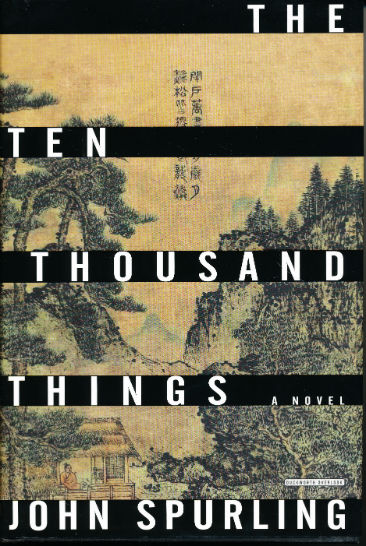
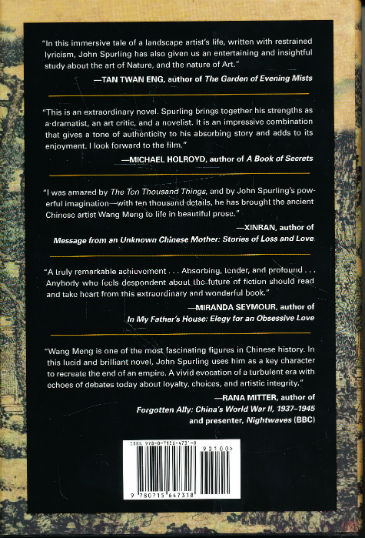
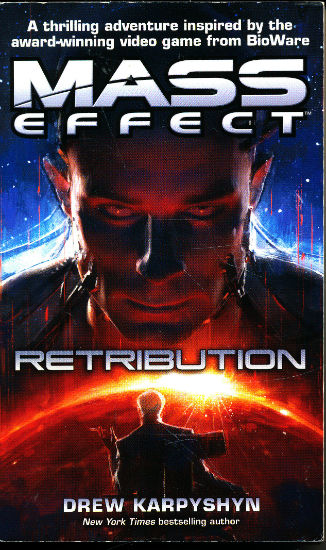
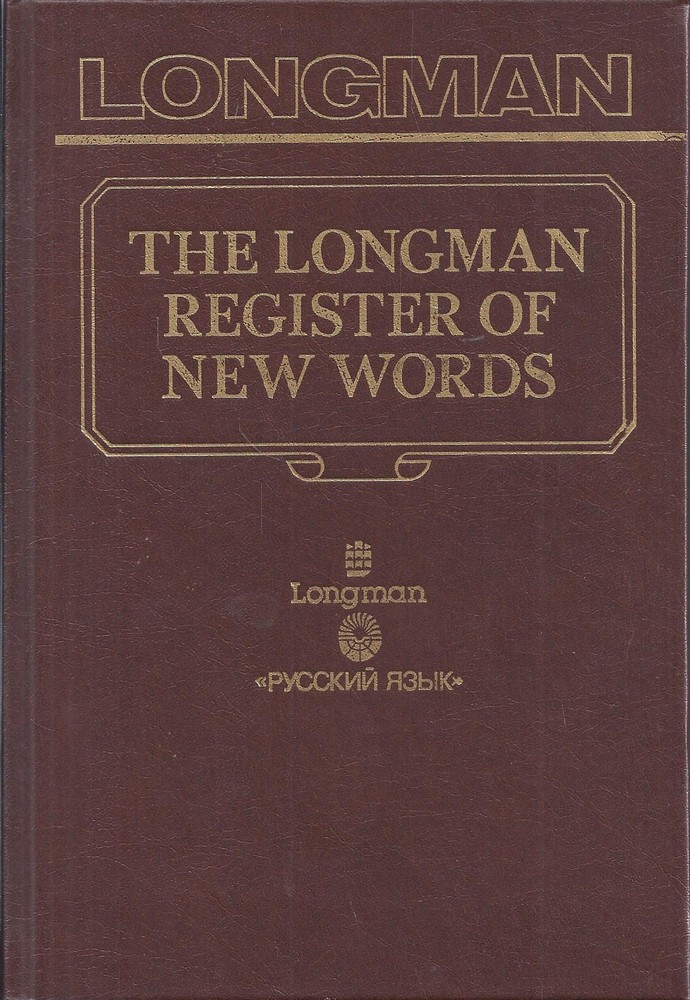
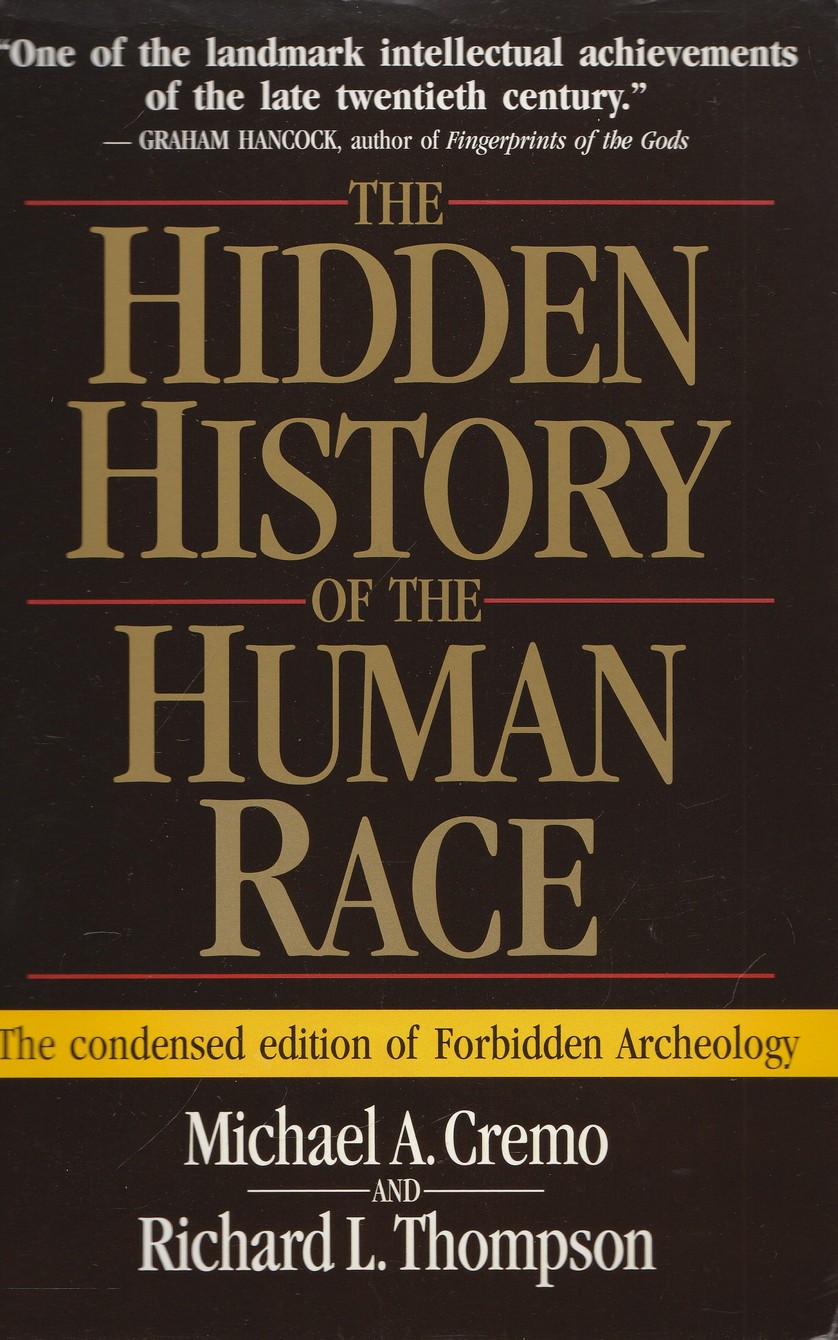
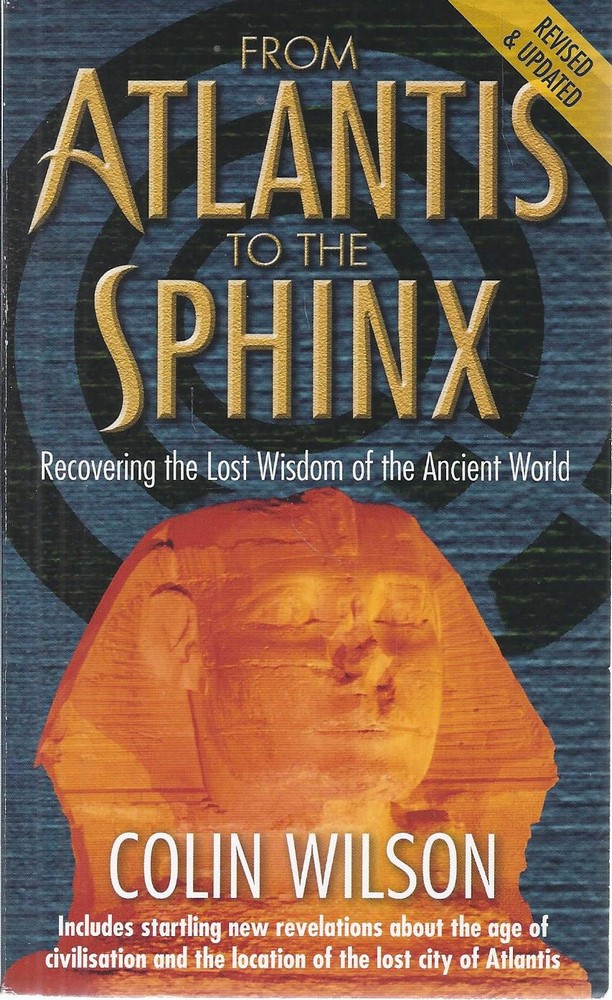
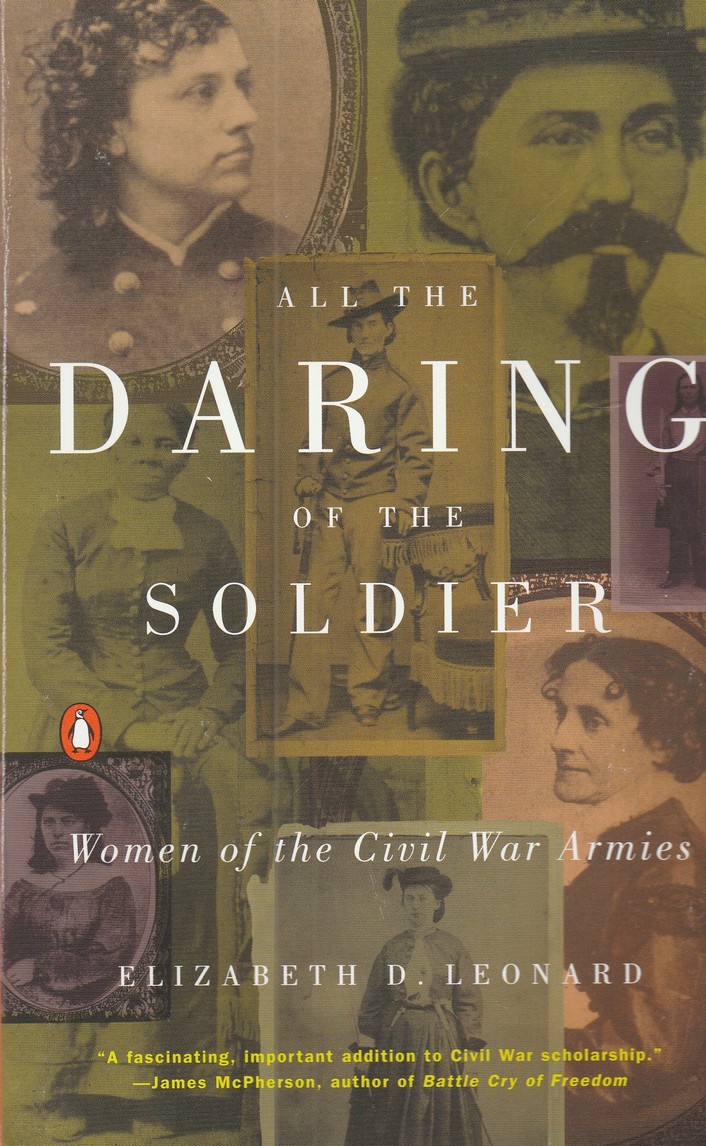
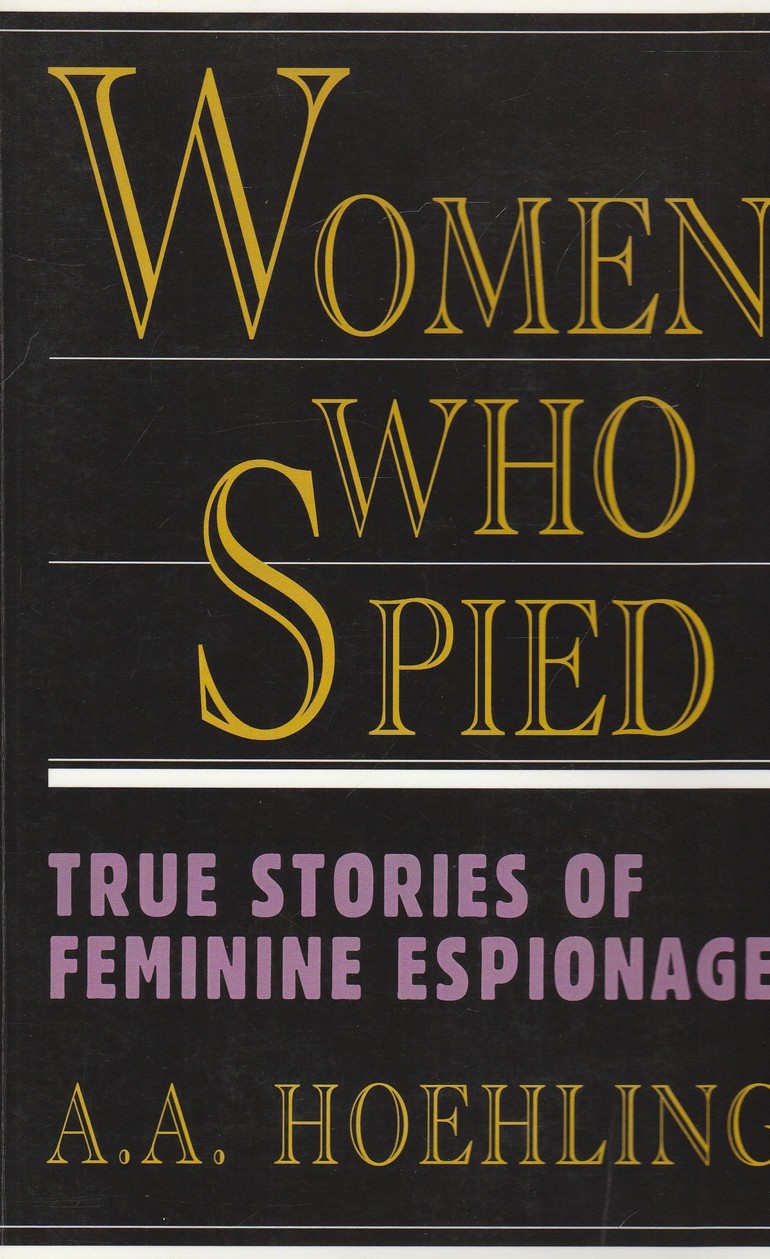
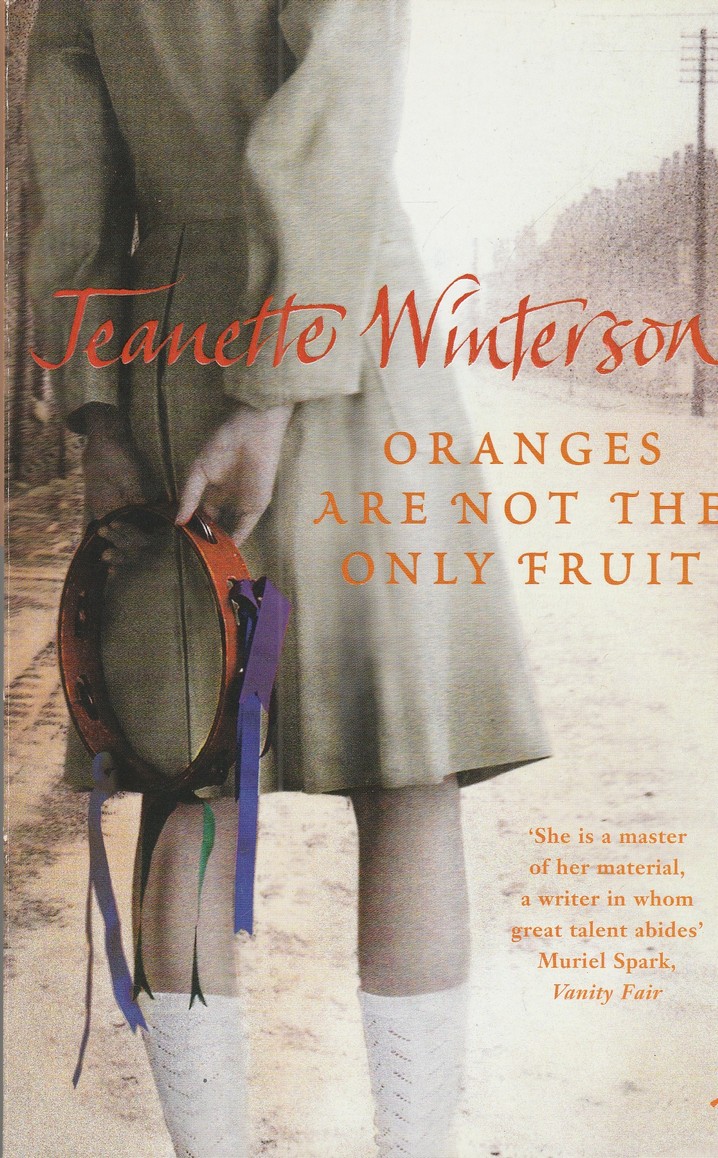
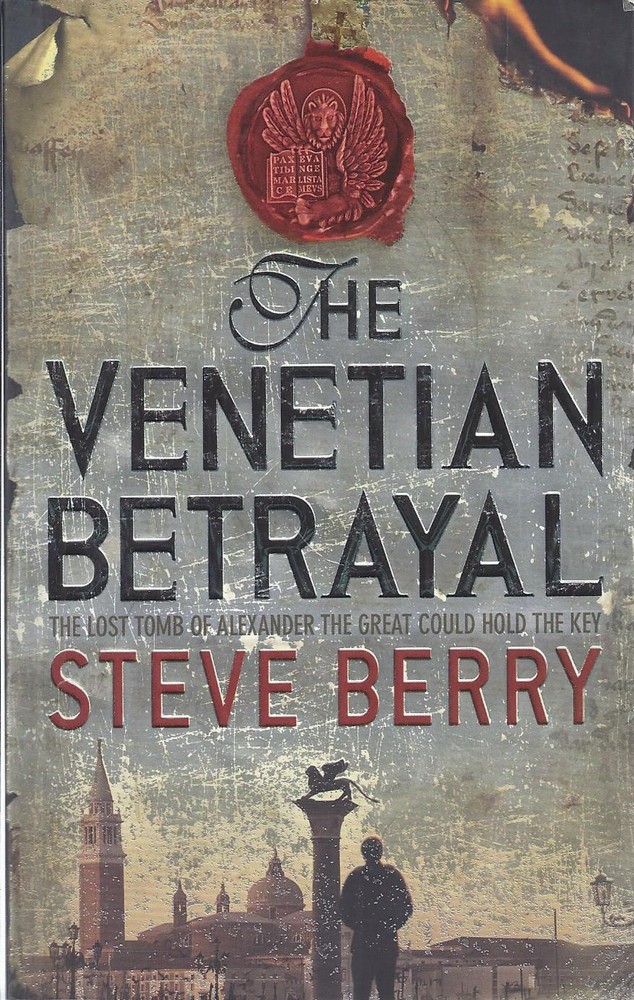
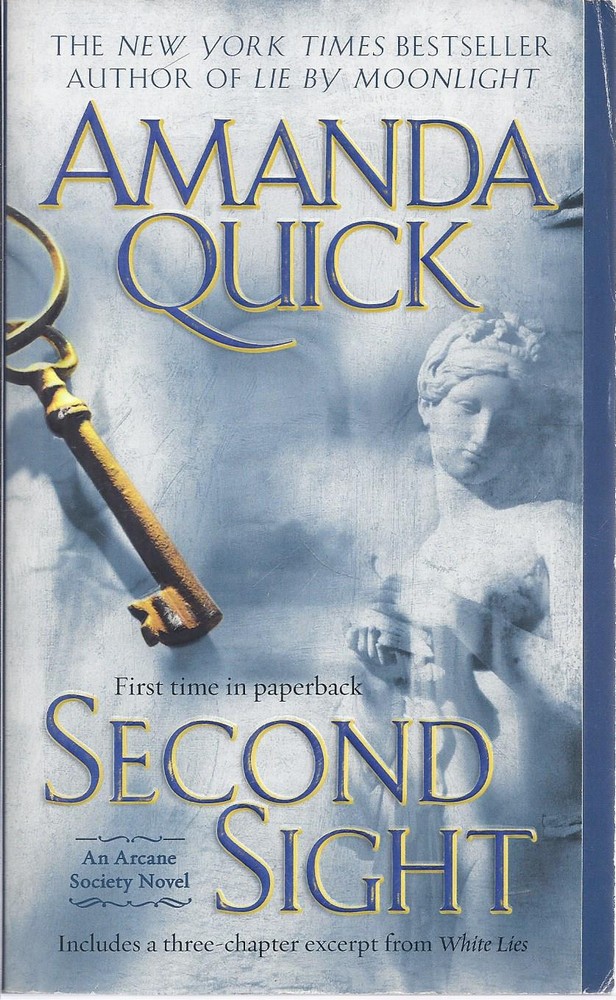
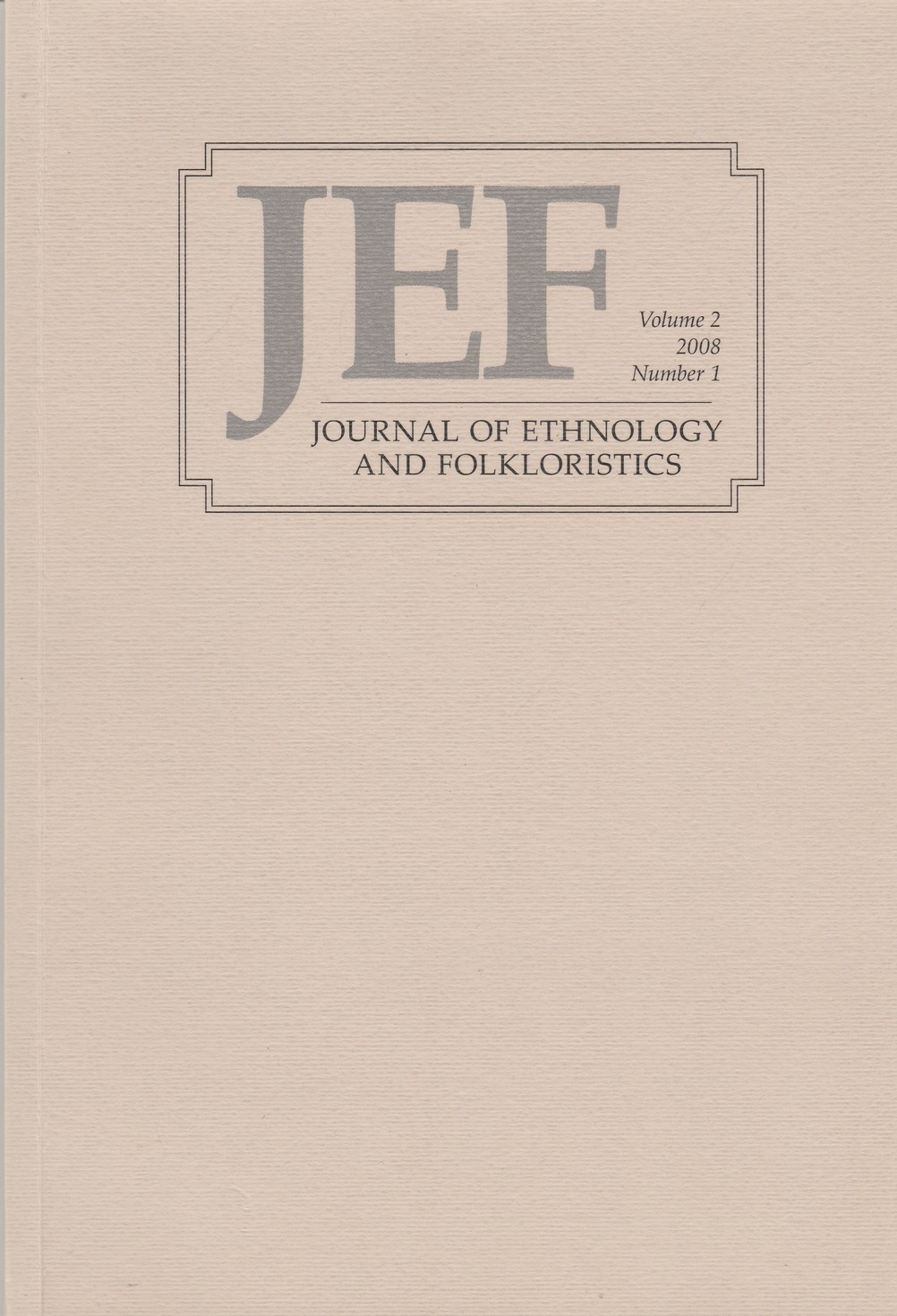
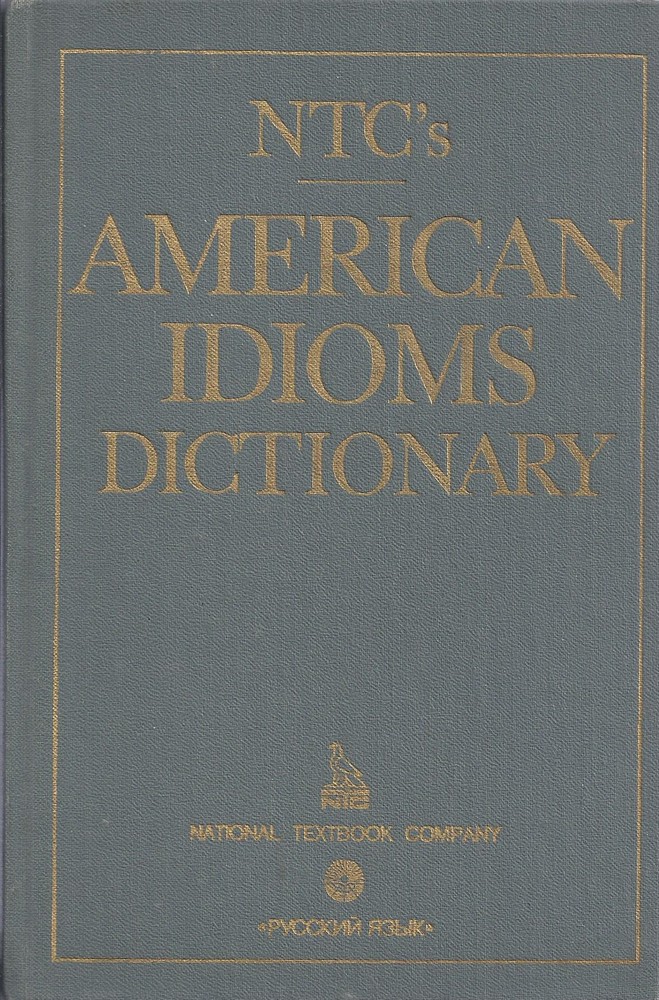
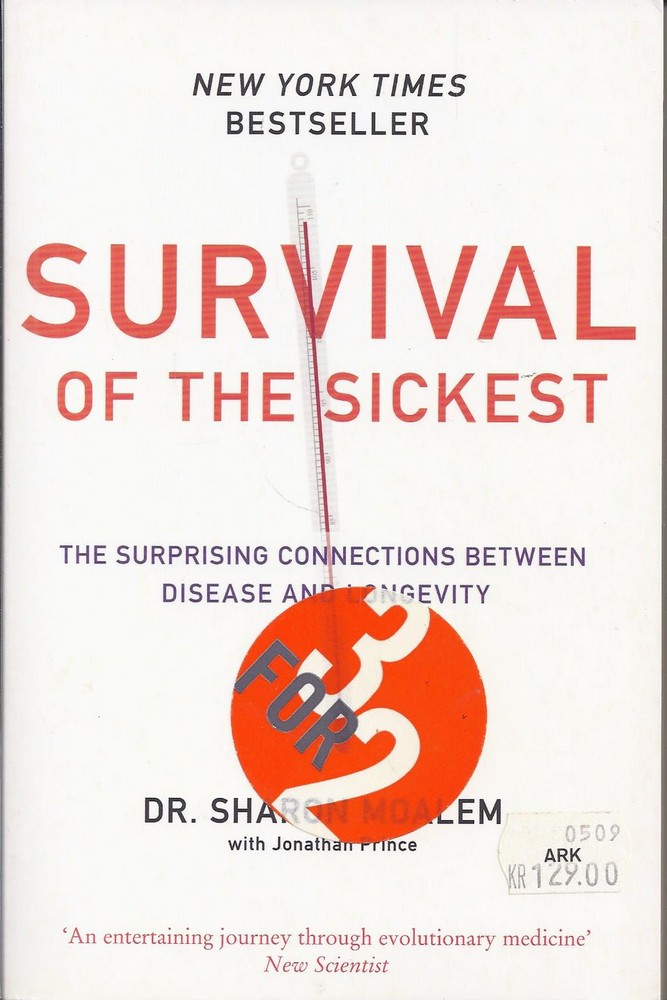
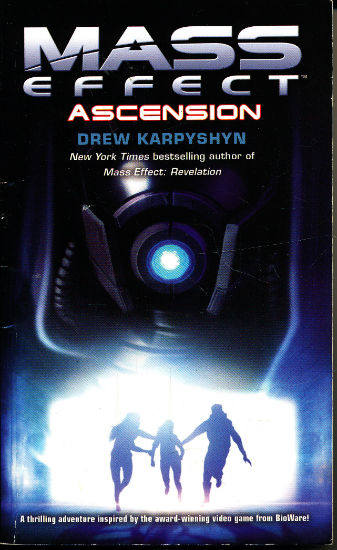
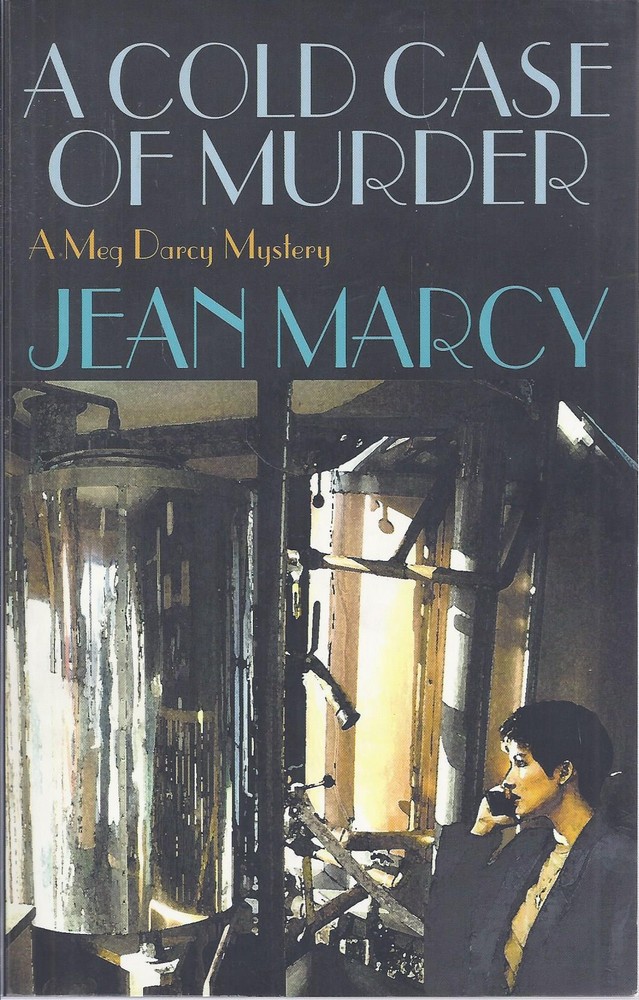
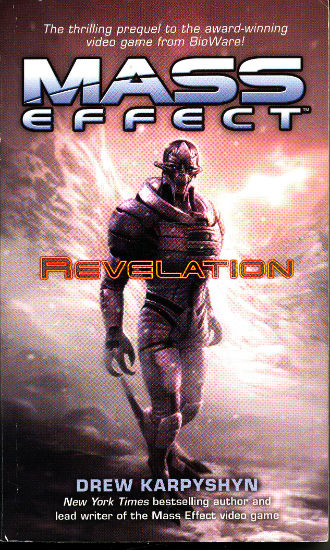
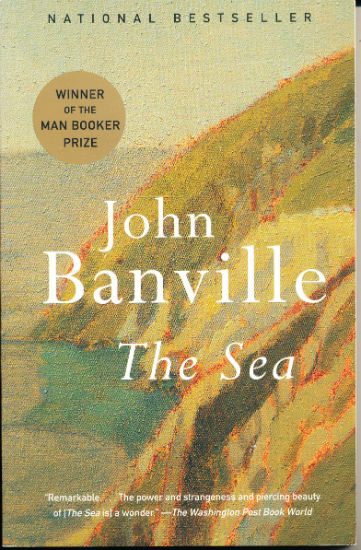
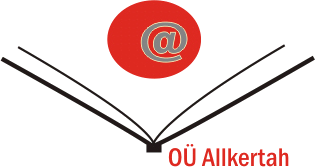




Ülevaated
Pole ühtegi ülevaadet.